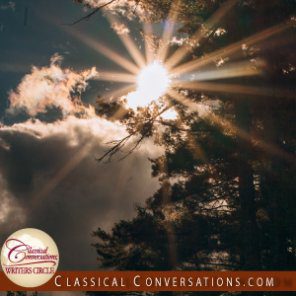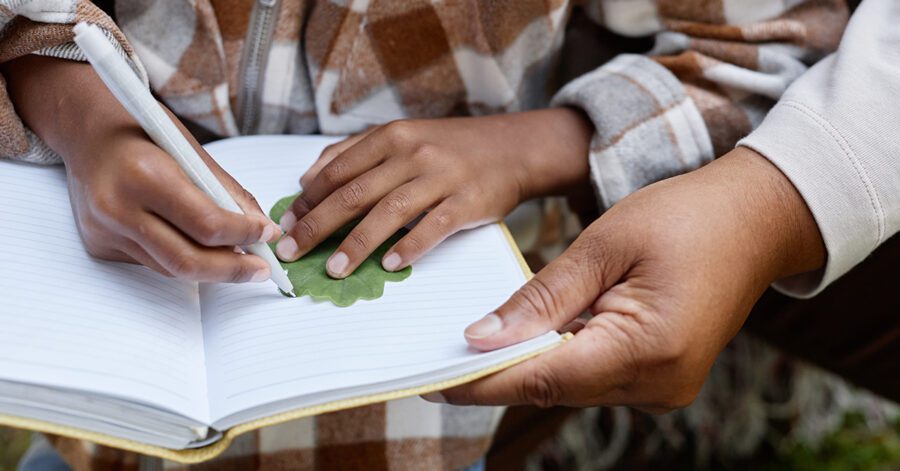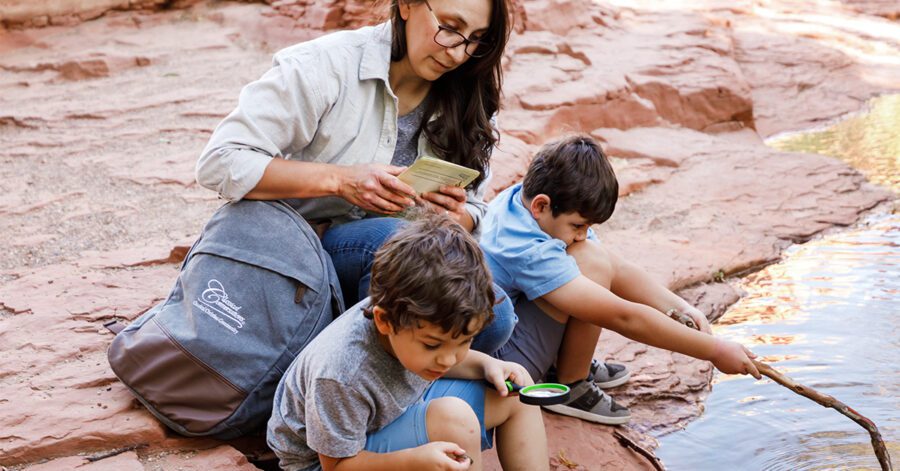“Men go abroad to wonder at the heights of mountains, at the huge waves of the sea, at the long courses of the rivers, at the vast compass of the ocean, at the circular motions of the stars, and they pass by themselves without wondering.”
—Saint Augustine
“The most beautiful thing we can experience is the mysterious. It is the source of all true art and science. He to whom the emotion is a stranger, who can no longer pause to wonder and stand wrapped in awe, is as good as dead—his eyes are closed.”
—Albert Einstein, Living Philosophies
What has caused you to pause and wonder recently?
For me, it was a rather odd thing: the word “wonder.” Just that—nothing more.
Isn’t it funny that we use a word like “wonder” to describe, on one hand, an idle curiosity about the time of day or tomorrow’s weather (“I wonder if it’s going to rain.”), and, on the other hand, the sense of awe we feel when we glimpse the enormity of space or stand on the brink of the Grand Canyon? The only distinction is a simple preposition: to “wonder about” something versus to “wonder at” something.
When you stop to think about it, however, the two meanings of wonder are not so far afield. Rather, they chase one another in a lively circle. When you wonder about a mystery, no matter how idly, the questions you pursue lead you to wonder at your discoveries. Then, the discoveries you wonder at lead you to wonder about even more mysteries.
In this way, we become children again, delighting in every detail as G.K. Chesterton describes in his poem “A Second Childhood” (1922):
Men grow too old for love, my love,
Men grow too old for wine,
But I shall not grow too old to see
Unearthly daylight shine,
Changing my chamber’s dust to snow
Till I doubt if it be mine.
Behold, the crowning mercies melt,
The first surprises stay;
And in my dross is dropped a gift
For which I dare not pray:
That a man grow used to grief and joy
But not to night and day.1
Isn’t that a wonderful gift? As we ask questions and explore everyday miracles such as dust and daylight, we are drawn to marvel at what we discover. In turn, our findings inspire us to ask new questions and the progression of wonder begins all over again.
This Christmas season, I hope that you will experience wonder anew in the fullest sense of the word.
1 Read the full poem here: https://www.goodreads.com/quotes/123359-a-second-childhood-when-all-my-da…




